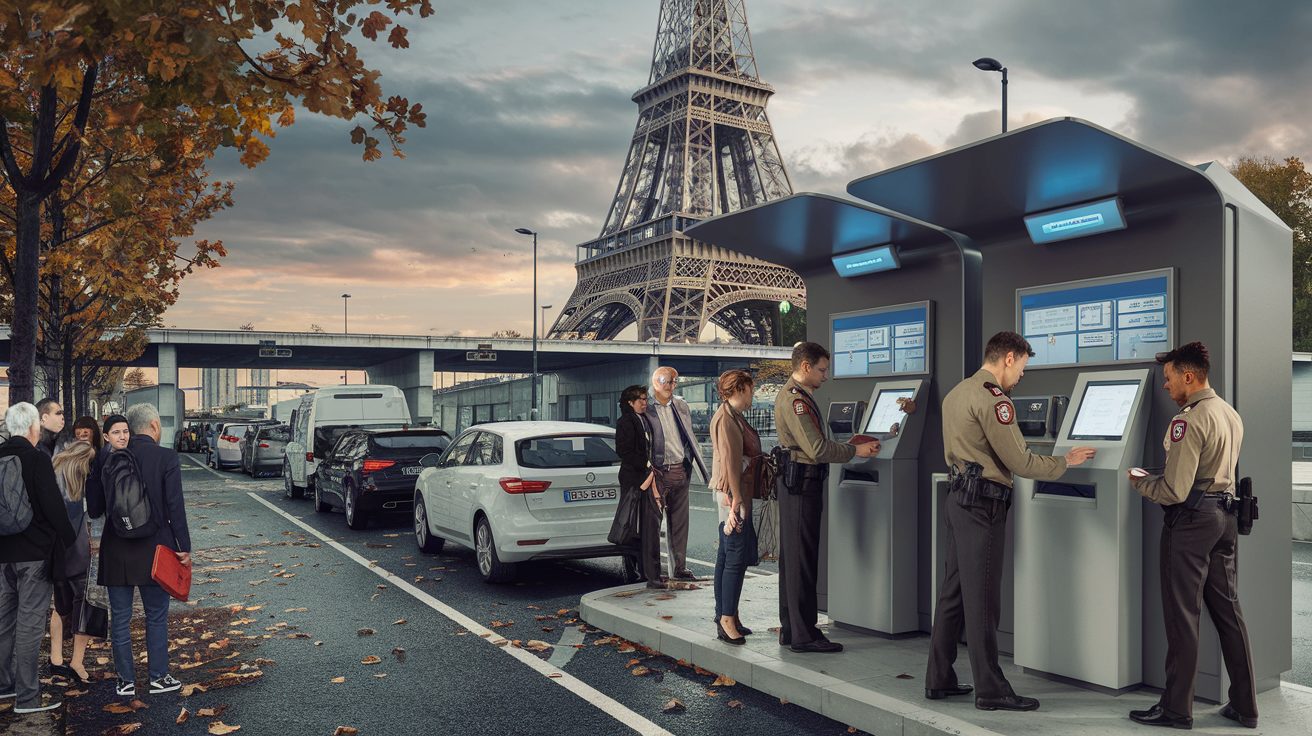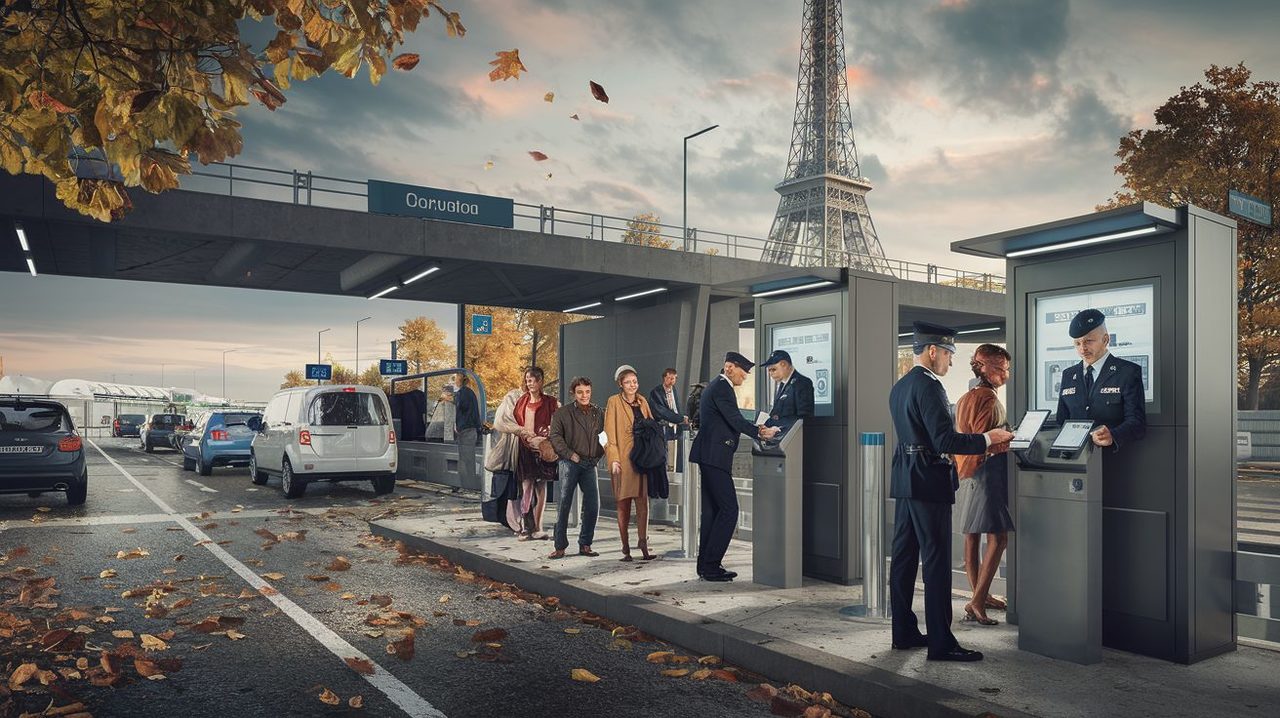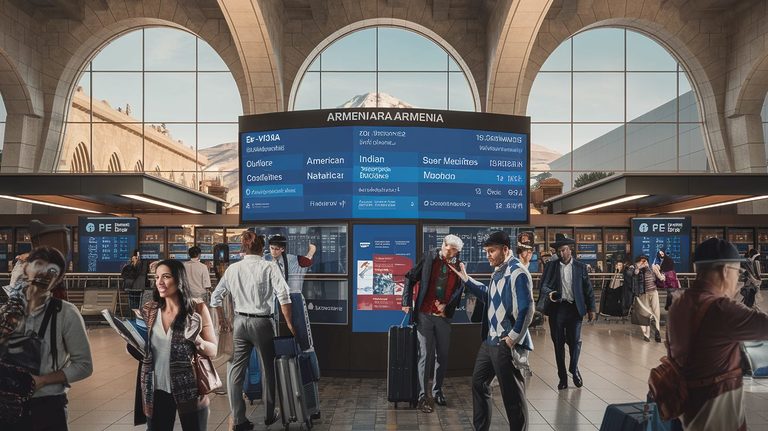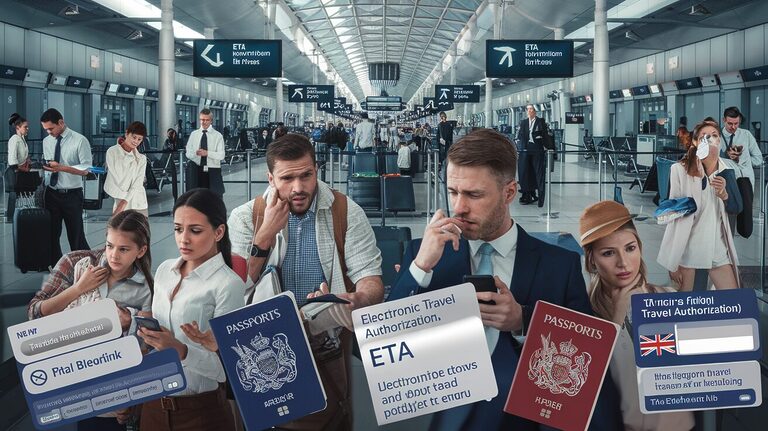France is poised to reintroduce border controls beginning on November 1, 2024, marking a significant policy shift aimed at addressing numerous security threats. The measures, set to last until the end of April 2025, arise in response to rising concerns over terrorism and illegal immigration. This decision is expected to affect travelers significantly, particularly those arriving from neighboring Schengen countries, including Belgium, Luxembourg, and Italy, leading to potential delays and a less streamlined travel experience.
Beginning on November 1, 2024, France will reinstate border controls with its neighboring countries within the Schengen area. This measures is set to last until the end of April 2025, driven primarily by concerns surrounding internal security, including threats related to terrorism and illegal immigration. The French authorities have outlined the necessity of these adjustments to ensure safety and control across borders.
Details of the Border Controls
The reintroduced controls will not be conducted in a systematic manner; rather, they will be implemented randomly. Travelers, particularly those arriving by road or rail from Belgium, Luxembourg, and Italy, should anticipate possible delays. It is also expected that passengers using the Eurostar service may experience longer wait times due to mandatory passport checks, impacting the flow of travel.
Impact on Non-Schengen Travelers
Non-Schengen visitors, especially the British, could find their journeys more cumbersome, marked by prolonged waiting times at border controls. This situation may deter some from planning trips to France during the enforcement of these borders, potentially leading to a decrease in tourism during this specific timeline.
Responses and Criticism
The announcement has drawn prompt reactions from various political figures. For instance, Luc Frieden, the Prime Minister of Luxembourg, openly criticized these controls as a “bad idea” during discussions with both Emmanuel Macron and Olaf Scholz. Nevertheless, the European Commission emphasized that while it cannot challenge this decision, any such measures must remain proportional and temporally limited.
Context of the Measure
This initiative coincides with the European Union’s postponement of the launch of its entry/exit system (EES), which was originally scheduled for November 10, 2024. The EES was designed to automate checks for non-European citizens entering the Schengen area, aiming to enhance border management. However, technical difficulties and insufficient preparatory actions have resulted in delays.
Potential Effects on the Travel Industry
The travel sector will inherently be affected by this decision. Airlines, as well as bus and rail companies, are likely to recalibrate their schedules to accommodate the anticipated longer crossing times. As tourism in France is already fragile from the impacts of the pandemic, this further burden could jeopardize the recovery of the sector.
Effectiveness of Security Measures
Experts in migration have expressed skepticism regarding the actual effectiveness of these border controls in alleviating migration pressure. Research indicates that deterrence policies often have minimal effects on the influx of migrants into European nations, suggesting that additional documentation requirements are not currently warranted.
Inspiration from Neighboring Countries
It is noteworthy that France’s actions mirror similar moves made by Germany, which has also enforced border checks at all land borders since September 16, 2024. These measures, prompted by similar security concerns, are also expected to last for a duration of six months, indicating a trend among neighboring countries to enhance border security.
- Start Date: November 1, 2024
- Duration: Until April 2025
- Reason: Internal security threats
- Countries Affected: Belgium, Luxembourg, Italy
- Check Type: Random checks
- Processing Delays: Expected for travelers
- Impact on Non-Schengen: Longer queues for British tourists
- Travel Industry Impact: Airlines and transportation schedules may adjust
- EU Coordination: Measures must be temporary and proportionate
- Similar Actions: Germany has also implemented border controls

Starting November 1, 2024, France will reintroduce border controls with its neighboring countries, a measure expected to last until April 2025. This decision is primarily driven by concerns over internal security, including threats from terrorism and illegal immigration. Although the checks will be random rather than systematic, delays are anticipated, particularly for travelers arriving by road or rail from countries such as Belgium, Luxembourg, and Italy. Non-Schengen tourists, including British travelers, may also face significant inconveniences.
Reaction to this initiative has been swift, with some leaders deeming the controls a “bad idea.” Despite criticism, the European Commission states that it cannot obstruct this decision but emphasizes the need for these measures to be both proportionate and temporary.
This action aligns with similar measures enacted by Germany, which has already implemented border controls due to the same security concerns.

Hello! I’m Elisa, a 45-year-old travel companion with a passion for exploring new places and cultures. With years of travel experience under my belt, I thrive on creating memorable journeys for my clients. Let’s embark on an adventure together!





